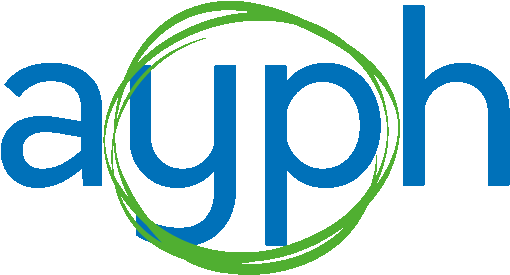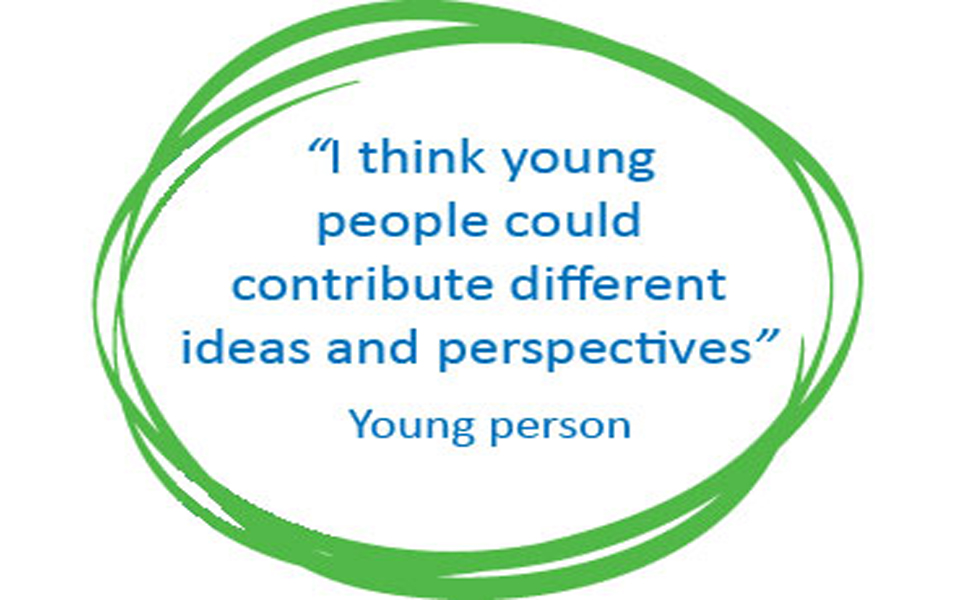In 2018, NHS England announced the formation of 40+ Integrated Care Systems (ICSs) across the country, to improve joined up care across health, education, and social care in local areas. All ICSs must provide for children and young people as part of the population they serve.
Researchers from Fuse (the Centre for Translational Research in Public Health) and participation staff from the Association for Young People’s Health (AYPH) met with a group of young people to ask them how they felt about ICSs and what could be done to help them work with their age group. In order to be effective and improve the health and wellbeing of children and young people, ICSs need to consider the best ways of engaging and empowering young people in their services and how they are run.
AYPH recruited the help of the Youth Empowerment Squad (YES) for discussions, a Barts Health youth forum made up of a group of young people who have extensive experience and knowledge of healthcare. AYPH also invited members of their own Youth Advisory Panel to join in the engagement. In total 13 young people took part.
The themes raised in the discussions echo much of what we already know about what youth friendly healthcare looks like. Young people in a range of different situations often prioritise similar issues. ICSs are no different. For example, one theme to arise from the participation was that young people want to be involved in their own care and how they engage with ICSs. They want to feel empowered to be part of the process.
They came up with various suggestions that they thought might help. First, young people told us clinicians should ensure they use language that is understandable and that jargon should be avoided – particularly in relation to complex systems like ICSs that incorporate multiple areas of the young persons healthcare. Assuming they will understand technical, or condition specific language is a barrier to young people. For example, they were keen to understand more about how primary, secondary and community care can actually be joined up in real-life practice.
Second, young people are keen for healthcare professionals to make sure they understand their care plans and to use clear definitions of services and conditions. Understanding not just what is going on with their health today but also in the future relieves the stress young people feel not knowing what will happen next with treatment. Complex systems can be very confusing.
Third, like many young people we talk to, they emphasised the importance of good information sharing across systems avoiding the need, for example, for them to repeat their stories over and over again.
Generally the young people we spoke to were positive about the integrated care model, and thought it had potential to work well to support them. They also acknowledged that the opportunities to feed into research projects and give feedback was important and that professionals should seek to hear a diverse range of young people’s voices, not just those engaged in panels. Some young people may be marginalised or overlooked yet they will have just as important insights.
Lastly, the panel told us that there is no point collecting feedback from young people and asking them to give up their time if it did not lead to meaningful change. Young people want to know that if they share their thoughts and opinions, things will improve, and that any participation is not tokenistic and takes them seriously. As one young person put it, “I would say listening helps, but it also requires professionals to take immediate action”.
Jeremy Sachs, independent consultant
This engagement is part of the Child health system evaluation project: Integrated Care Systems and Sustainability and Transformation Partnerships, funded by the NIHR School for Public Health Research. The views expressed are those of the author(s) and not necessarily those of the NIHR or the Department of Health and Social Care.

